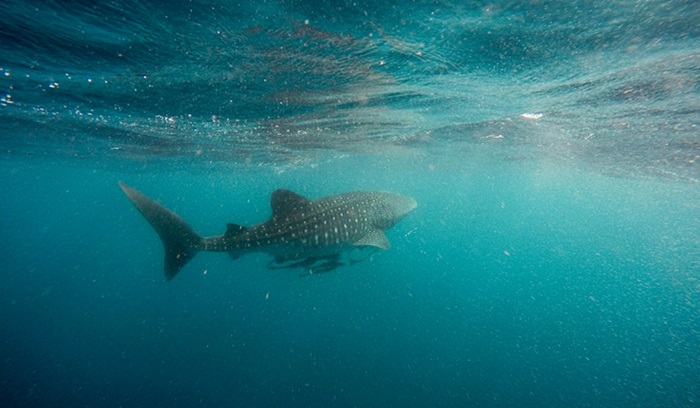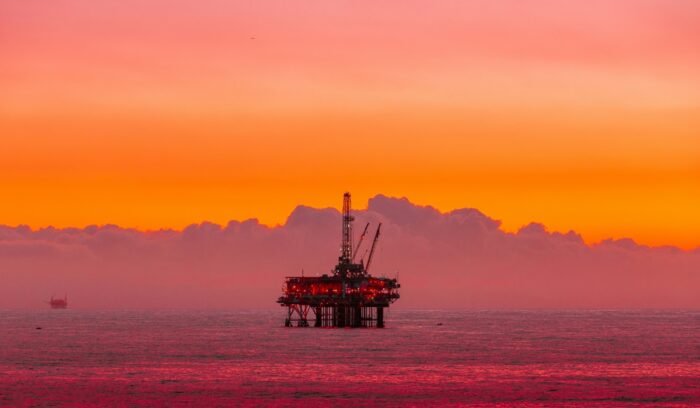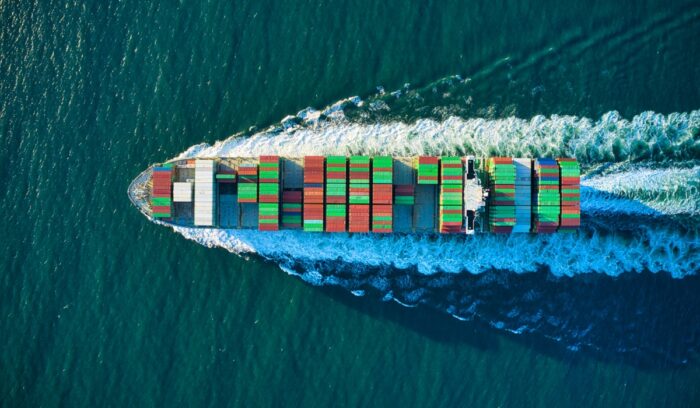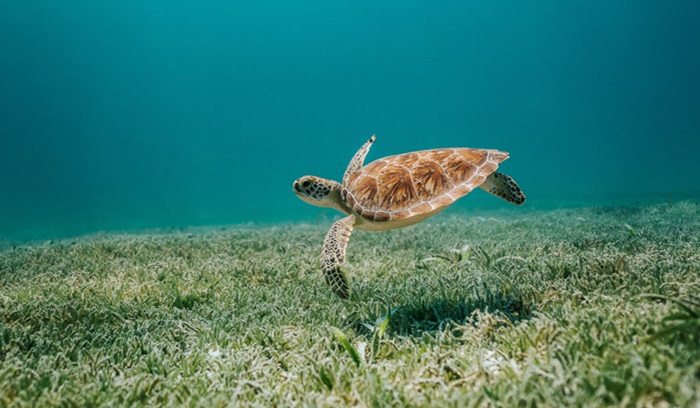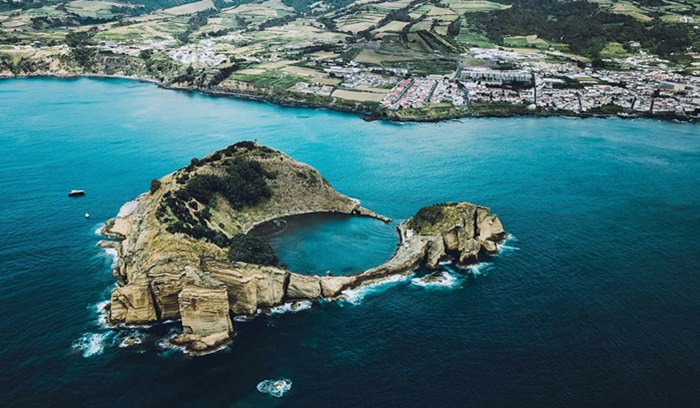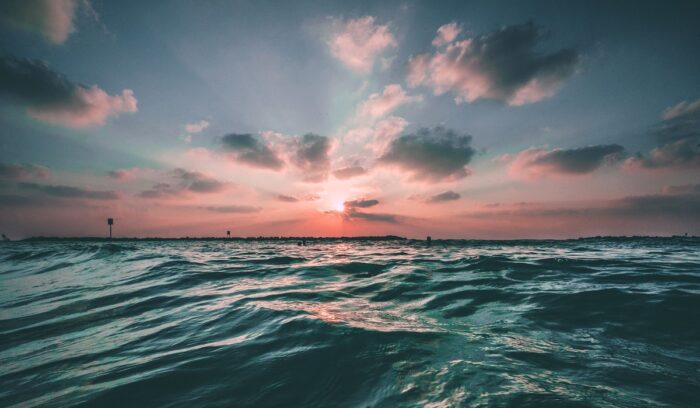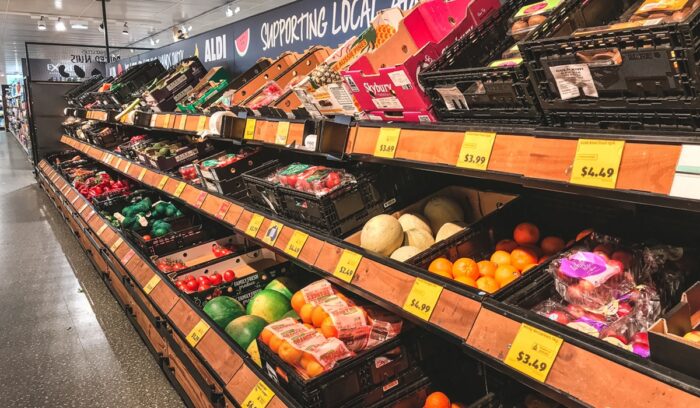Thailand bans imports of plastic waste to curb toxic pollution
A law banning imports of plastic waste came into force in Thailand, after years of campaigning by activists. Thailand is one of several south-east Asian countries that has historically been paid to receive plastic waste from developed nations. Thai customs officials said more than 1.1 million tons of plastic scraps were imported between 2018 and 2021. Imports of plastic were often mismanaged, with many factories burning the waste rather than recycling it, leading to damage to human health and the environment.


